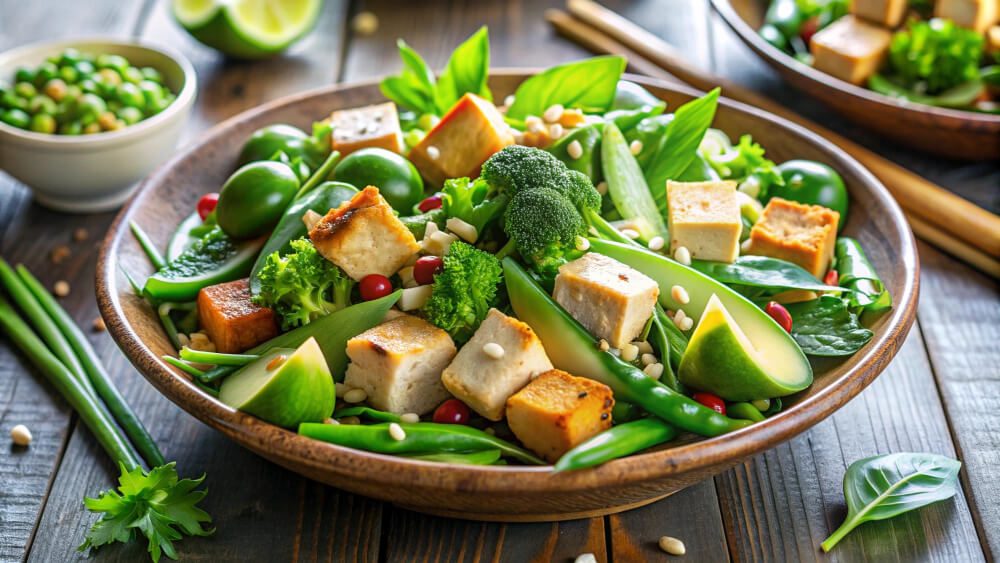Dental Implant Care After Surgery: Best and Worst Foods for Healing and Long-Term Success

Dental implants from Dentist On Warrigal give our patients not only an improved smile but a chance to live a healthier, happier life.
Like any other form of surgery, however, post-surgical dental implant care does involve some temporary changes in the patient’s lifestyle — particularly in diet. What you eat in the days and weeks following implant surgery can directly affect how well and how quickly you heal.
Early Dental Implant Care: Why Diet Matters
Depending on the number of dental implants and the location, occasionally bruising to the gum lines can occur, which usually will subside relatively quickly.
Hence, avoiding hard foods like nuts or legumes in favour of items like scrambled eggs, applesauce, and soup in the first few days post-surgery will reduce any pain or uneasiness in the mouth.
During this stage, your implants are still stabilising. Minimising chewing pressure and avoiding irritation are essential parts of early dental implant care.
Think of your food as part of your recovery plan — not just nourishment, but protection for your healing mouth.
Examples of Foods to Avoid after Implant Surgery
The first 10-14 days post-procedure are the most critical for recovery.
You should avoid foods that may delay the healing process.
These include:
- Apples or fruits that are crunchy, like pears.
- Potato or corn chips.
- Crusty bread, such as French bread.
- Hard taco shells and snacks that need a bit of cracking
- Carrots (unless shredded into small pieces).
- Steaks or meats that require rigorous chewing.
Avoid acidic, sugary, or alcoholic drinks.
Using a straw may cause a problem called “dry socket.” Drink from a cup instead.
It’s best to avoid excessively hot or cold beverages, as these can cause discomfort and may complicate your recovery.
Foods to Enjoy after Implant Surgery
In general, soft foods that are easy to digest are the best choices for the first two weeks or so after surgery.
They include:
- Scrambled eggs
- Yogurt
- Protein drinks with no added sugar
- Oatmeal
- Macaroni and cheese
- Soft bread
- Applesauce
- Soups (avoid tomato-based ones if possible)
As far as beverages go, chilled water is a great choice. So is warm beef or chicken broth.
Avoid drinking fruit juices, as these tend to be high in sugar and may also be highly acidic.
Foods to Avoid or Minimise over the Long Term
One of the best things about dental implants is that they allow you to eat normally once the recovery period is finished.
Still, certain choices should be avoided or minimised, both for the sake of the longevity of your implants and your overall health.
These include:
- Highly-coloured beverages, such as tea, coffee, and red wine. These can stain your dental implants and natural teeth, especially when consumed in large quantities.
- Alcoholic beverages. Drink these products only in moderation or avoid them. Most forms of alcohol are high in sugar or simple carbs.
- Sugary foods. There is nothing wrong with enjoying an occasional sweet indulgence. However, traditional desserts can promote the spread of decay-causing bacteria in your mouth.
They can also raise your blood sugar, contribute to weight gain, and compromise your health in other ways.
Excess sugar in the mouth can promote periodontal (Gum disease), which in turn will cause loss of bone density. Bone loss can cause implants to become loose over time.
What to Eat Instead
A healthy diet includes an adequate amount of protein, unsaturated fats, complex carbs, fibre, and vitamins and minerals.

Here are some foods that are rich in these nutrients:
- Lean cuts of beef, chicken, pork, and turkey
- Vegetarian sources of protein like tofu and tempeh
- Cooked beans
- Fresh, uncooked vegetables
- Whole grain bread
- Fresh, unprocessed fruit
Dental Implants in Cheltenham
Your dentist in Dentist On Warrigal may have added post-implant tips for you to consider.
With proper dental implant care, keeping them can be the key to a hassle-free future.
Dentist On Warrigal Cheltenham aims to promote optimum oral health to patients from Cheltenham and the surrounding areas.
Visit your dentist in Cheltenham to find out more about your oral health and how we can help.
For your dental concerns and enquiries, contact us on (03) 9583 5506 or request your appointment online.
We are located at Suite C, 151 Centre Dandenong Road in Cheltenham.
